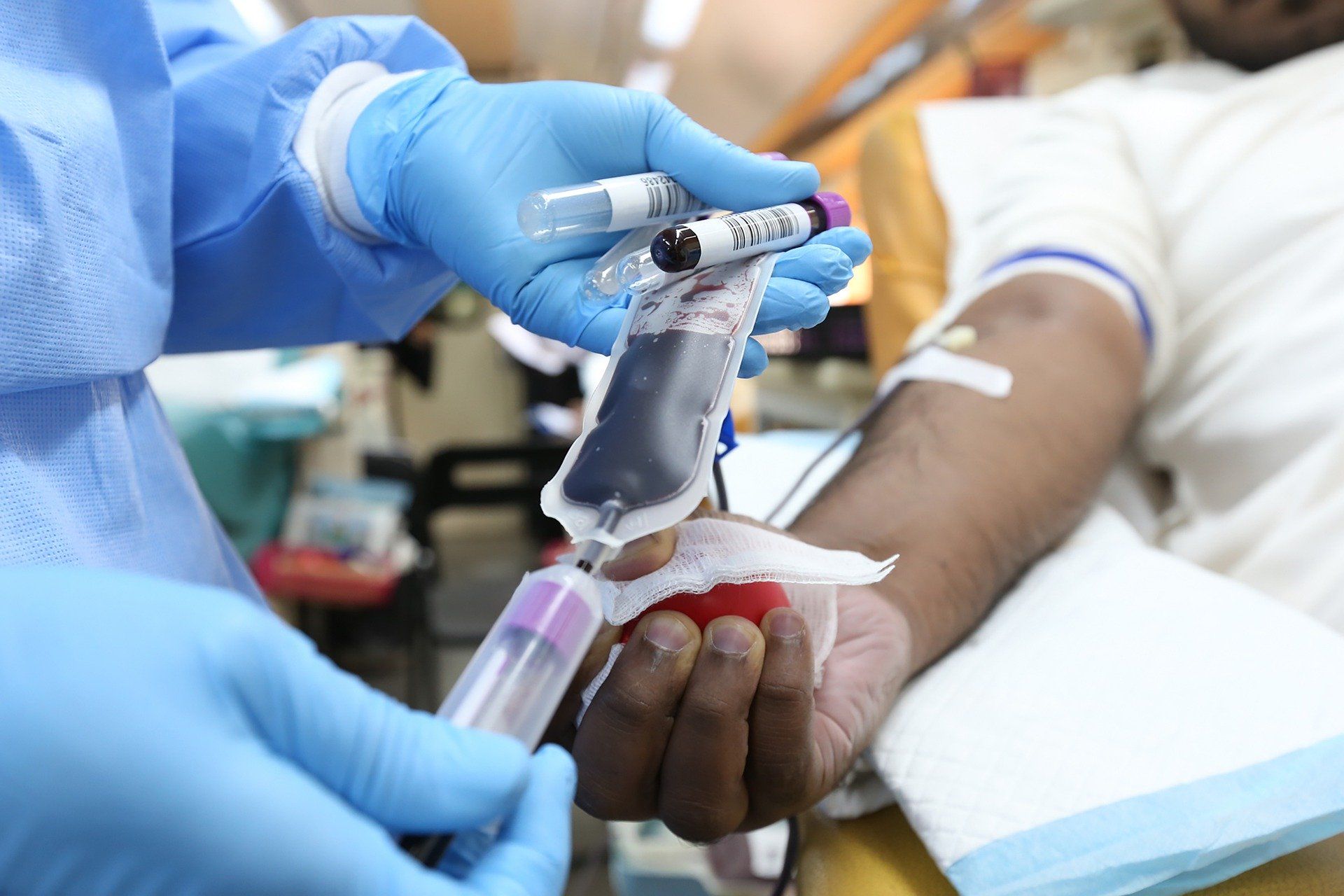Give Blood and Make the World A Healthier Place
Media Release Courtesy The Caribbean Public Health Agency (CARPHA)
Port-of-Spain, Trinidad and Tobago — Everyday life-saving blood transfusions are needed in hospitals and emergency rooms across the Caribbean region. Persons who donate blood, play an important role in saving lives through their gifts of blood.
Blood donations are used for transfusions necessary to improve as well as save the lives of many. Blood and blood products can help patients suffering from life threatening illnesses and is essential for supporting the delivery of maternal and neonatal care, medical and surgical procedures.
“Every year, thousands of people receive lifesaving blood transfusions, a process which would not be possible without voluntary, non-remunerated blood donors. Blood donation is a community responsibility.
There is a great chance that someone you know or even you yourself may need a blood transfusion at some point,” said Dr. Joy St. John, CARPHA Executive Director.
Given the current COVID-19 pandemic, health services could run the risk of shortages in blood. There is no known end date or time for the pandemic. As such, this could create potential shortages of blood for transfusions due to a significant reduction in voluntary blood donations.
According to the Pan American Health Organization, the risk of transmission of the new coronavirus through transfusion of blood and components is most likely minimal. Respiratory viruses have never been reported to be transmitted through blood or blood components, and to date there have been no reports of COVID-19 infection in blood recipients. [1]
World Blood Donor Day takes place every year on 14 June. In addition to acknowledging blood donors, it is a day to raise awareness about the global need for safe blood and how everyone can contribute. The theme for 2020 is “Safe blood saves lives” with the slogan “Give blood and make the world a healthier place”.
CARPHA urges all eligible Caribbean people to become a voluntary blood donor, if possible or encourage others to donate and Member States to invest in the systems and infrastructure to support an increase in blood donations and blood donors.
Blood can be donated by anyone meeting their country’s health criteria for donating blood. Persons should contact their Ministry of Health or blood bank service for information.



